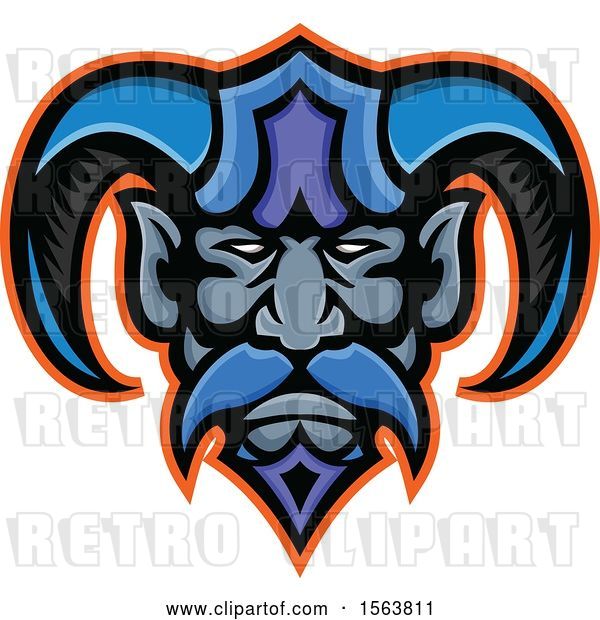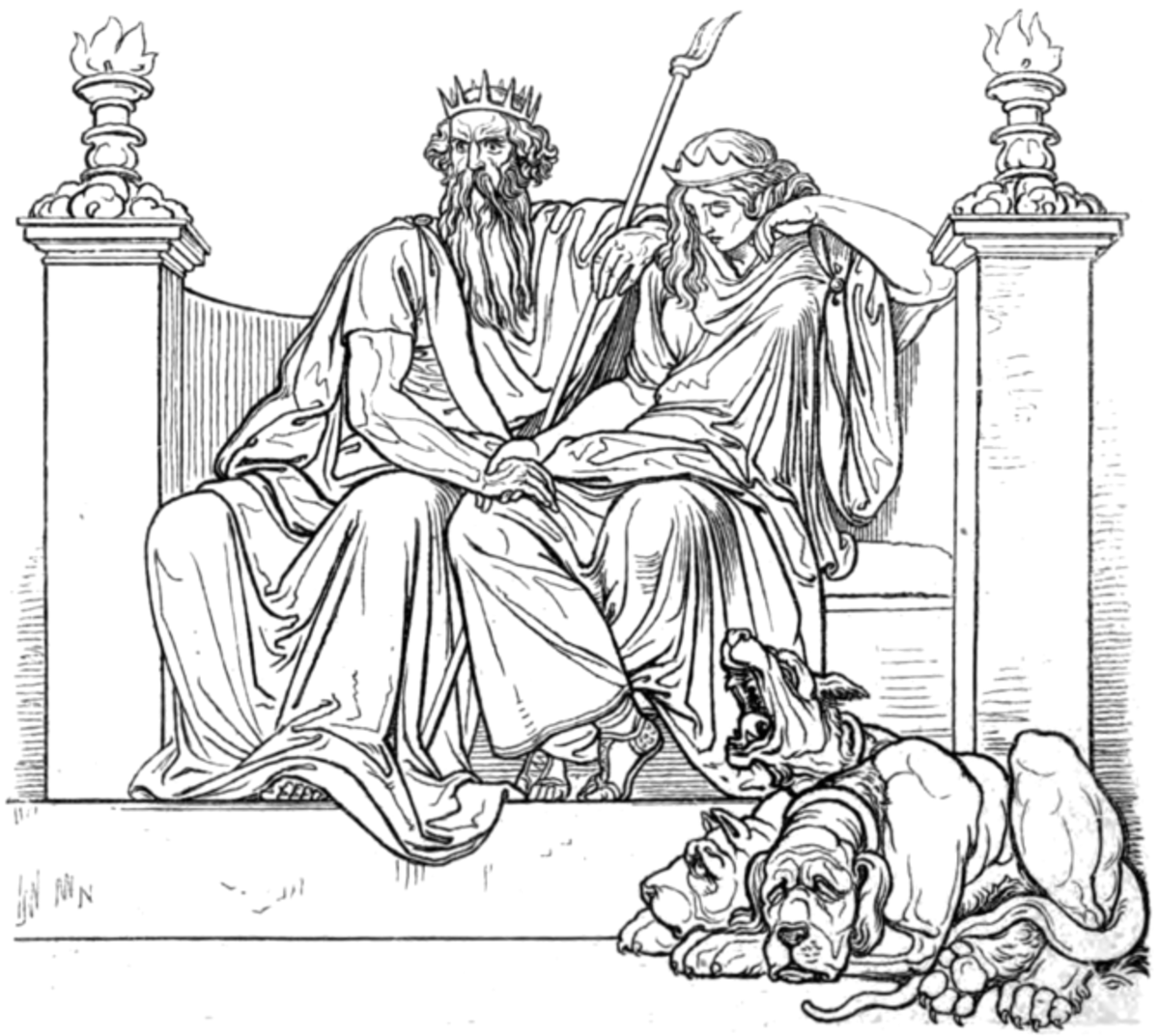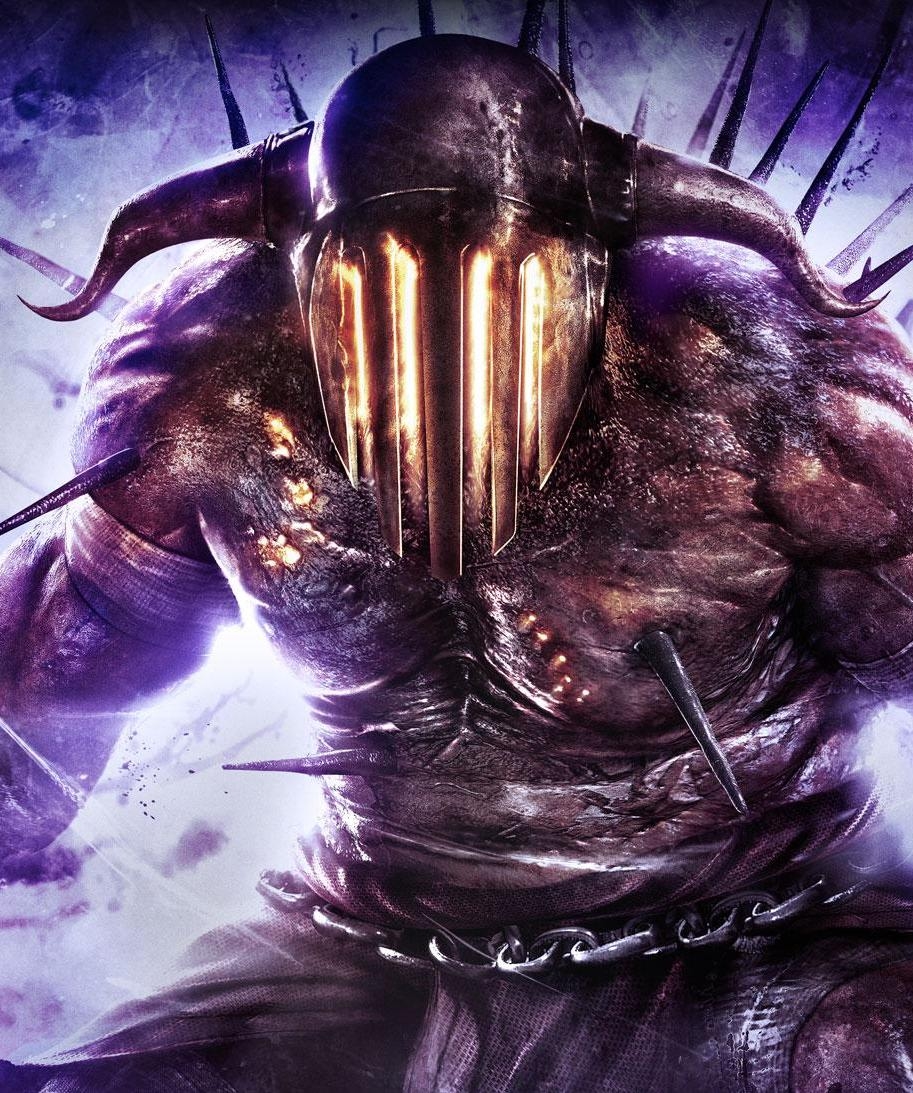

Granted, we must leave aside the question of how to define incest when the participants are the personifications of the ocean, thunder, afterlife, seasons, etc. The fact that Greek myth is absolutely littered with incest surprises no one, right? Heck, it feels like it’s half the reason the myths have lasted as long as they have. So I’m not here to complain about Hades messing with the “canon.” I am, however, a little surprised that Hades is so gun-shy over the topic of incest.

There’s no one correct version of these gods, just the one we happen to have. Zagreus himself is basically created from a name that crops up in a few old texts and is vaguely attributed to an Underworld figure - and I cannot thank the game creators enough for turning that wisp of detail into one of my favorite new protagonists. Everything we now commonly attribute to the religion of the Ancient Greeks was distilled over a long period of time from a panoply of local cults and oral traditions that eventually trickled down to us in its current form thanks to the likes of Aeschylus, Sophocles, Homer, Ovid, Hesiod, and several others I’m forgetting.

If you know anything about the Greek myths and how they originated, you’ll know the stories we have now have not existed in a single, homogenous “canon” for very long. Except the game’s version of the mythological characters are perhaps not quite as messed up as their mythological counterparts - because Hades goes out of its way to avoid the main character being born of incest. Hades is 2020’s indie hit, a fantastic action game that uses the characters we all know from Greek mythology to tell its story about determination and strained familial relationships.


 0 kommentar(er)
0 kommentar(er)
